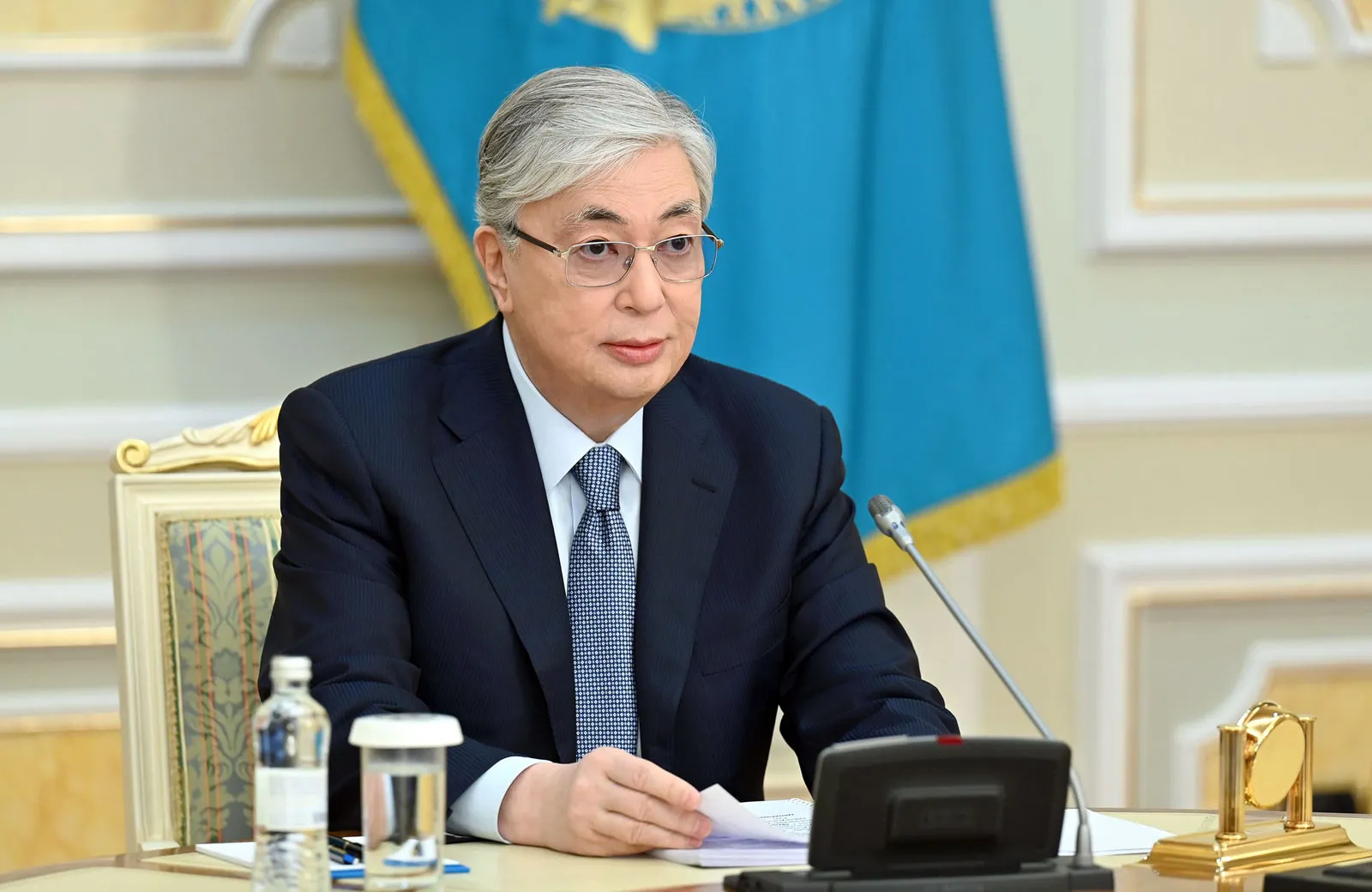
Biden to host Central Asian leaders in New York for C5+1 summit
The United States and the five Central Asian countries of Kazakhstan, Kyrgyzstan, Tajikistan, Turkmenistan, and Uzbekistan will hold their next summit of the C5+1 format in New York in September, according to officials from the region.
The C5+1 is a diplomatic platform that was launched in 2015 to enhance cooperation between the United States and the Central Asian states on common issues such as security, economic development, energy, and connectivity. The summit will be held on the sidelines of the UN General Assembly, where U.S. President Joe Biden has invited the Central Asian leaders to discuss regional and global challenges.
Kazakh President Kassym-Jomart Tokayev thanked Biden for the invitation during talks in Astana on August 23 with U.S. Senator Gary Peters, the chair of the Homeland Security and Governmental Affairs Committee. Tokayev said that the summit would be an opportunity to strengthen the strategic partnership between the United States and Central Asia, as well as to exchange views on Afghanistan, counterterrorism, climate change, and human rights.
The summit will also mark the 30th anniversary of the independence of the Central Asian states from the Soviet Union, which the United States was among the first countries to recognize and support. Since then, the United States has provided over $9 billion in direct assistance to the region, as well as led international financial institutions in extending over $50 billion in credit, loans, and technical assistance. The U.S. private sector has also invested over $31 billion in commercial ventures in Central Asia, creating thousands of jobs and building human capacity.
The summit will be the first meeting of the C5+1 since February 2020, when then-U.S. Secretary of State Mike Pompeo visited Uzbekistan and participated in a ministerial meeting with his counterparts from the region. At that meeting, Pompeo unveiled the United States Strategy for Central Asia 2019-2025, which outlined six pillars of U.S. policy toward the region: supporting and strengthening sovereignty and independence; reducing terrorist threats; expanding and maintaining support for stability in Afghanistan; encouraging connectivity between Central Asia and Afghanistan; promoting rule of law reform and respect for human rights; and promoting U.S. investment and development.
The upcoming summit will be an opportunity for Biden to reaffirm his commitment to these goals and to revitalize U.S. diplomatic engagement with Central Asia, which has been overshadowed by other priorities, particularly the Russian invasion of Ukraine. The summit will also be a chance for the Central Asian leaders to showcase their achievements in political and economic reforms, regional cooperation, and international integration.
The C5+1 format has been praised by analysts as a useful mechanism for advancing U.S. interests and values in Central Asia, as well as for fostering dialogue and collaboration among the Central Asian states themselves. However, some challenges remain, such as balancing relations with other external actors like Russia and China; addressing human rights concerns; enhancing trade and investment opportunities; and resolving transboundary water disputes.

